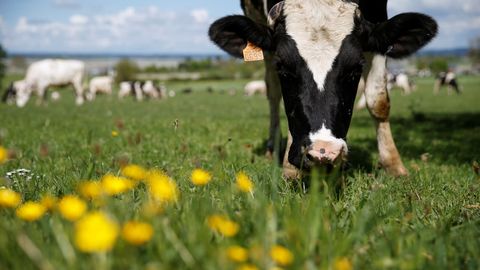Uzbekistan banks issue $32bn in loans in 2025, up 36% y/y
13:30 / 04.03.2026
Uzbekistan’s Khorezm region gross regional product reaches $5.2bn
12:30 / 04.03.2026
Uzbekistan repatriates 13 citizens from Iran via Turkmenistan
11:00 / 04.03.2026
Uzbekistan to strengthen national defense capability under President Mirziyoyev
10:00 / 04.03.2026
Uzbekistan sets $2bn foreign investment target for Khorezm region in 2026
09:00 / 04.03.2026
EDB, Kcell sign $100mn loan to boost Kazakhstan’s digital infrastructure
23:00 / 03.03.2026
Kyrgyzstan signals action over EAEU export restrictions
21:20 / 03.03.2026
Technical flight lands in Tashkent after UAE airspace closures strand Uzbek citizens
20:31 / 03.03.2026
Recommendations
Menu
Good news:
Tags
Grow your business with us
Advertise on Daryo.uzIndividual approach and exclusive materials
Ad-free site readingSubscribe
25 000 sum per month






Comments
To leave a comment, first